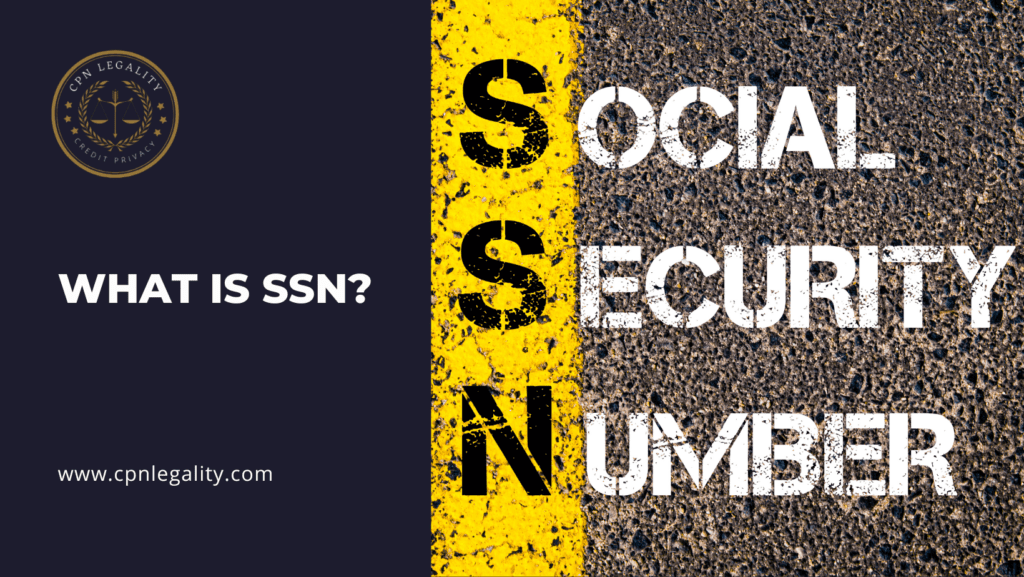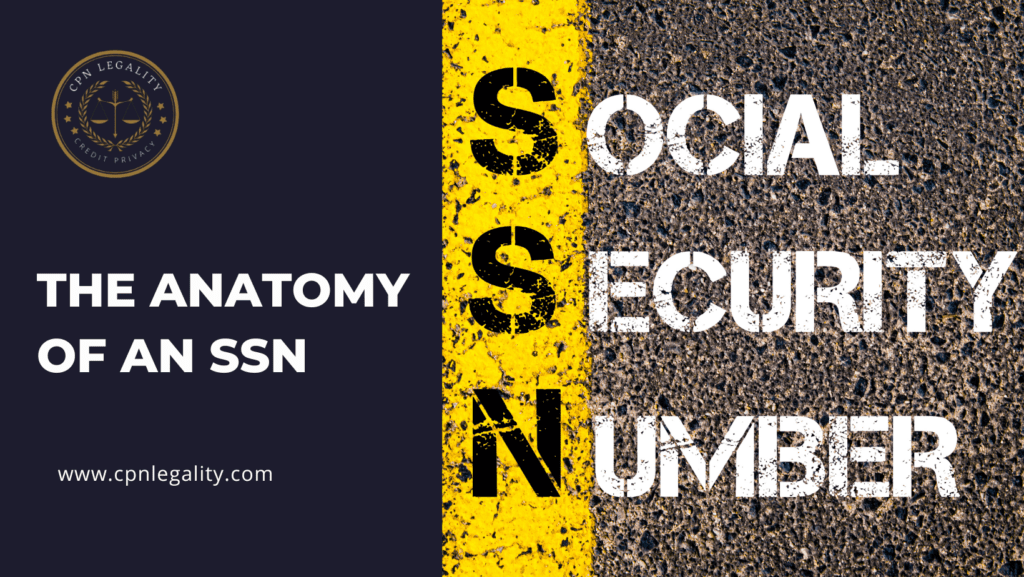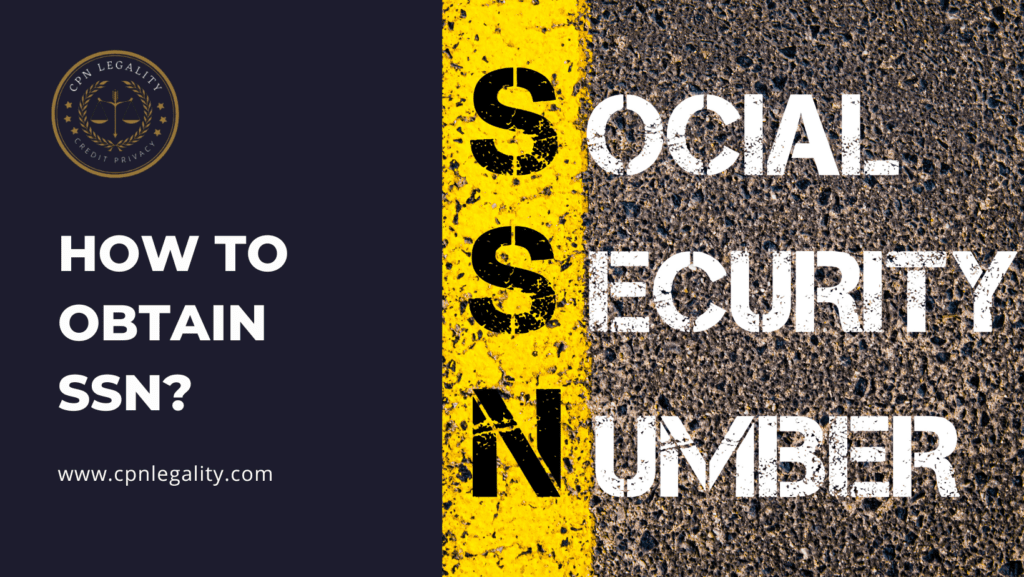
3-Step Formula to Financial Success With CPN Numbers
Achieve financial success with our 3-Step Formula leveraging CPN Numbers for a secure and prosperous future.

In today’s digital age, personal identification is of utmost importance, and one crucial piece of information for individuals in the United States is their Social Security Number (SSN). This unique nine-digit number is issued by the Social Security Administration (SSA) and plays a pivotal role in various aspects of an individual’s life.
In this article, we will delve into what SSN is and explore its multifaceted uses.

The Social Security Number (SSN) is a unique identifier that every U.S. citizen and eligible resident is familiar with. It is a vital piece of personal information used for various purposes, ranging from government benefits to financial transactions.
A Social Security Number, often abbreviated as SSN, is a nine-digit identification number assigned to individuals by the Social Security Administration (SSA). It was introduced in 1936 as part of the New Deal social welfare programs.
Social Security Numbers (SSNs) are crucial identification markers in the United States, serving various purposes in citizens’ and residents’ lives. These unique nine-digit numbers are issued to three primary groups: U.S. citizens, permanent residents, and specific eligible non-citizens.
For U.S. citizens, SSNs are assigned at birth. This means that shortly after a baby is born, the hospital or birth registration authorities initiate the SSN application process, ensuring that every American has a unique identifier from the very beginning of their life.
In contrast, eligible non-citizens, such as those with valid immigration status, obtain their SSNs upon approval of their immigration status. This step helps in tracking their income, ensuring compliance with tax regulations, and allowing them to access certain government benefits and services.
The issuance of SSNs to permanent residents and eligible non-citizens is vital for their integration into American society. It enables them to work legally, pay taxes, and fully participate in the U.S. economy and social systems. Furthermore, these numbers are essential for maintaining accurate records, facilitating financial transactions, and ensuring that individuals receive the benefits and services they are entitled to.
SSNs are cornerstones of personal identification and record-keeping in the United States, issued at birth for citizens and upon immigration status approval for eligible non-citizens. These numbers play a pivotal role in various aspects of American life, from employment and taxation to accessing government programs and benefits.

An SSN is divided into three parts: the area number, group number, and serial number. The combination of these numbers creates a unique identifier for each individual.
The main purpose of an SSN is to track an individual’s earnings and work history for the calculation of Social Security benefits, including retirement, disability, and survivor benefits.
SSNs are used by employers to report wages to the government for tax purposes. They are also essential for individuals when filing their tax returns.
When applying for loans, credit cards, or mortgages, lenders often request an SSN to assess an individual’s creditworthiness.
Many government assistance programs, such as Medicare and Medicaid, require individuals to provide their SSNs to determine eligibility.
Students are often asked to provide their SSNs when applying for financial aid, scholarships, or admission to educational institutions.
Healthcare providers may use SSNs to maintain accurate medical records and bill insurance companies.
SSNs are commonly used to verify an individual’s identity, especially when dealing with legal matters or opening bank accounts.
Protecting your SSN is crucial to prevent identity theft and financial fraud. Safeguarding this number is essential in today’s digital world.
If your SSN is compromised or stolen, it can lead to identity theft. Learn how to protect yourself and what to do if you suspect fraud.
Under certain circumstances, individuals may apply for a new SSN. Learn about the process and eligibility requirements.

Obtaining a Social Security Number (SSN) in the United States involves a straightforward process, but it is essential to meet the eligibility criteria and provide the necessary documentation.
Here’s a step-by-step guide on how to obtain an SSN:
It’s important to note that the SSN application process may vary slightly for different categories of individuals, such as non-citizens. Be sure to check the SSA website or contact your local SSA office for specific requirements and guidance based on your situation.
Social Security Number (SSN) is an indispensable facet of American life, serving a myriad of critical roles. Foremost, it guarantees the delivery of Social Security benefits, providing financial support in retirement, disability, and survivorship.
Additionally, the SSN is the linchpin of secure and efficient financial transactions, used by creditors, banks, and employers to verify identity and assess creditworthiness. In an era marked by digital interconnectedness and data-driven decisions, comprehending the SSN’s significance is paramount.
Being vigilant about when and where you share it, coupled with regular monitoring of your credit reports, can fortify your defenses against potential threats.
In today’s society, where information is power and personal data is a valuable currency, respecting the significance of your SSN and taking measures to ensure its security is not just prudent; it’s essential for safeguarding your financial future and peace of mind.
No, SSN numbers are assigned randomly, and individuals cannot choose a specific number.
If you lose your card, it’s important to request a replacement card from the SSA to prevent identity theft.
Yes, certain eligible non-citizens, such as those with work authorization, can obtain an SSN.
Protect your SSN by not sharing it unnecessarily and by being cautious with personal information online.
The age at which you can start receiving Social Security benefits varies, but full retirement age is typically between 65 and 67, depending on your birth year.

Achieve financial success with our 3-Step Formula leveraging CPN Numbers for a secure and prosperous future.

Uncover hidden truths with the top 5 facts about CPN numbers that you never knew in this revealing exploration.

Discover the ins and outs of buying CPNs – Are they right for you? Explore the world of CPNs and their implications.

Comparing CPN Numbers and Secured Credit Cards – Uncover the best credit-building options and make informed financial choices.
Call us now!
©2023 by CPN Legality. Managed by Abaani Tech